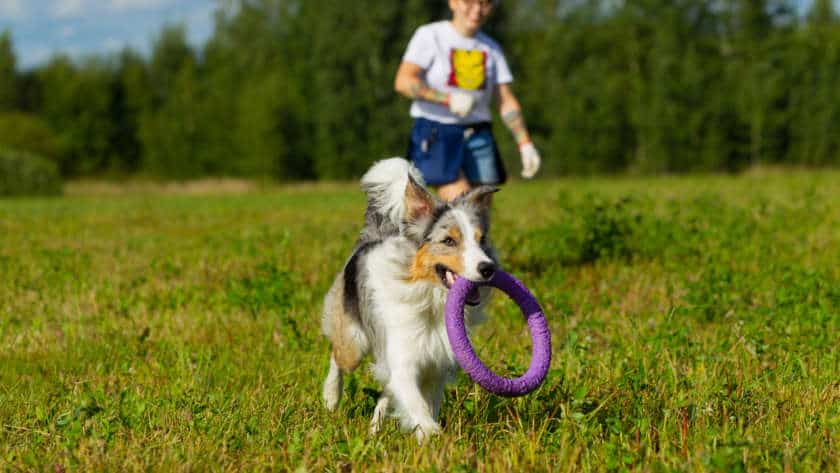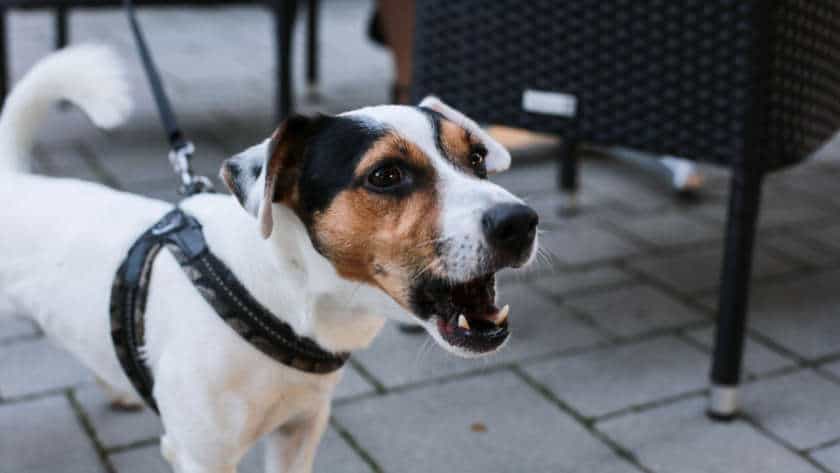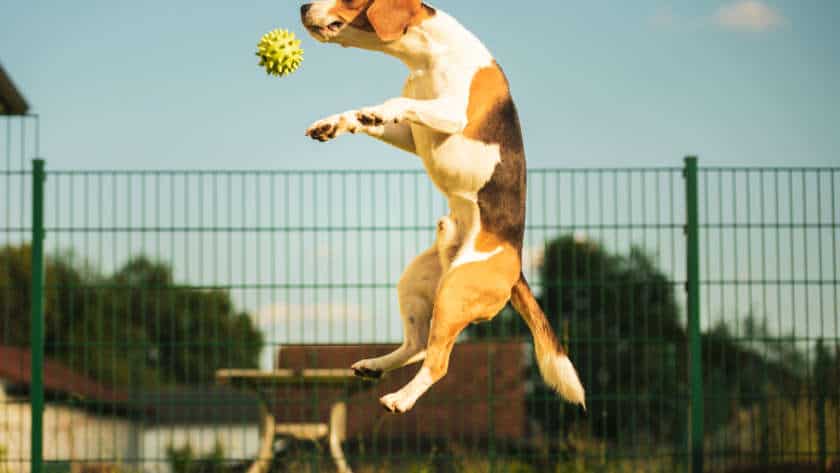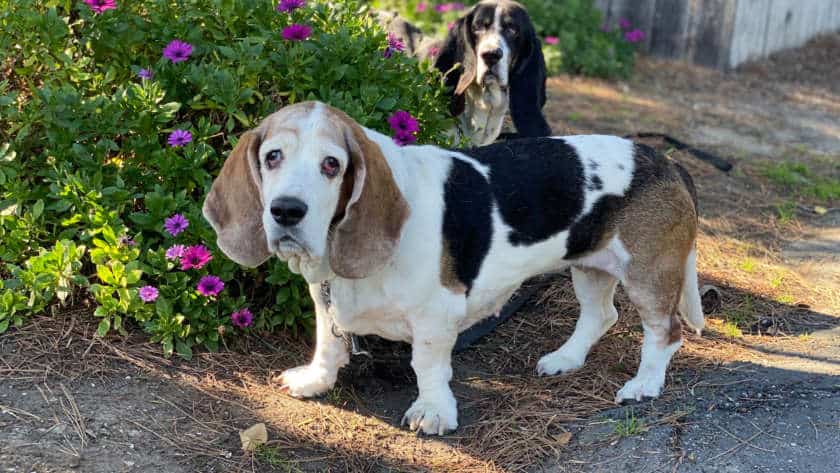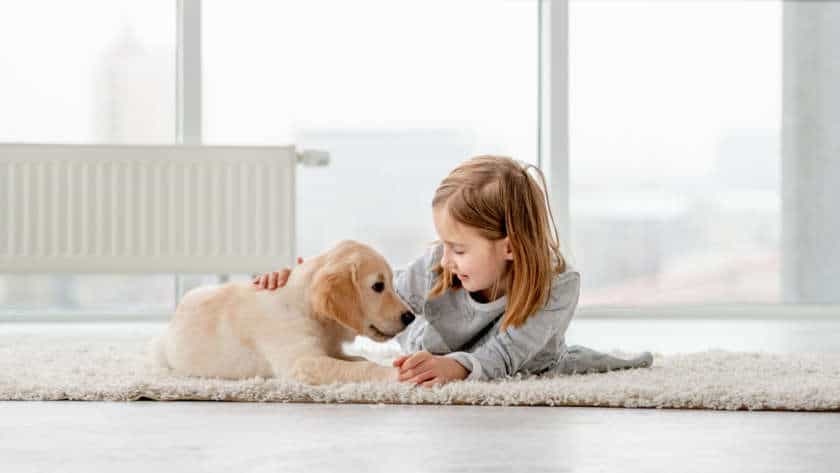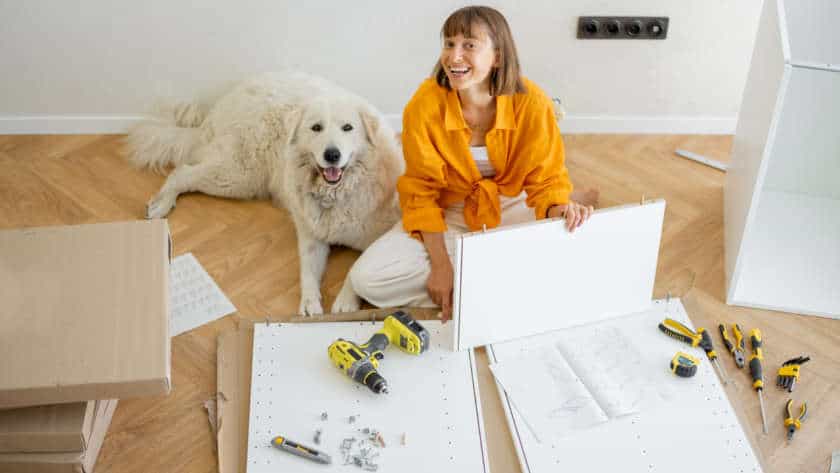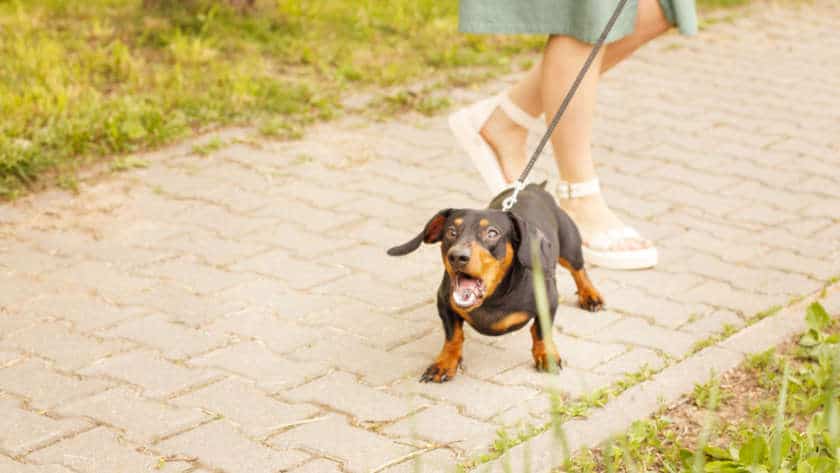Encouraging Polite Play: Teaching Puppies Boundaries Puppy playtime is often full of lots of biting, nipping, and jumping. To help avoid bad behaviours later, it's important to teach boundaries. Here are tips:
Set specific times for play and training.
If your pup gets aggressive, say "no" firmly and stop playing. This teaches them that rough…
